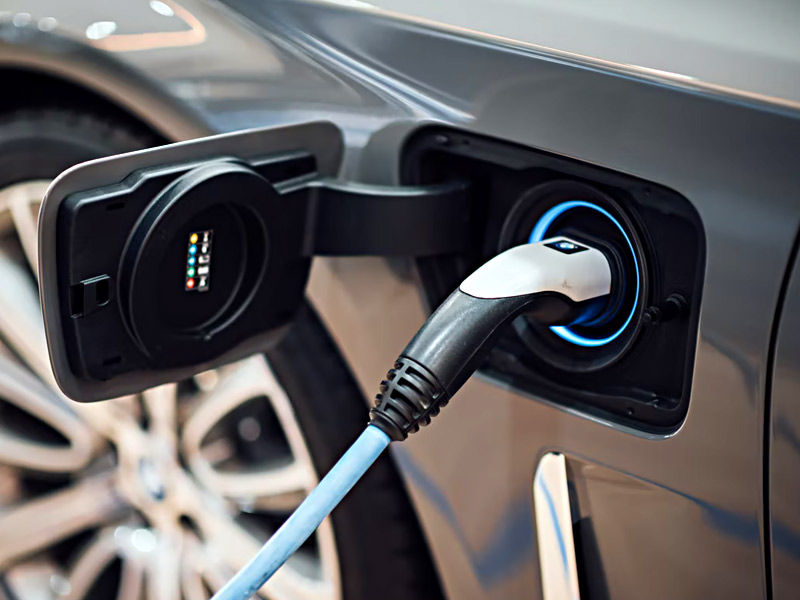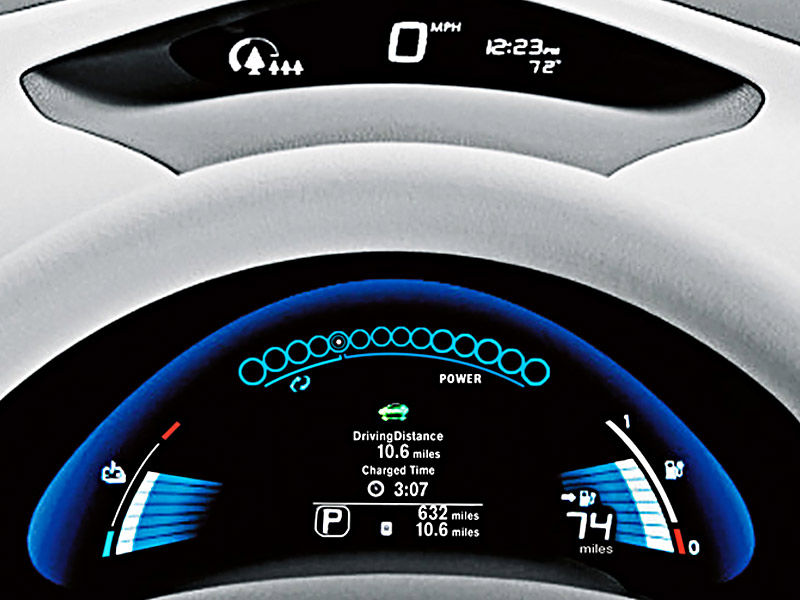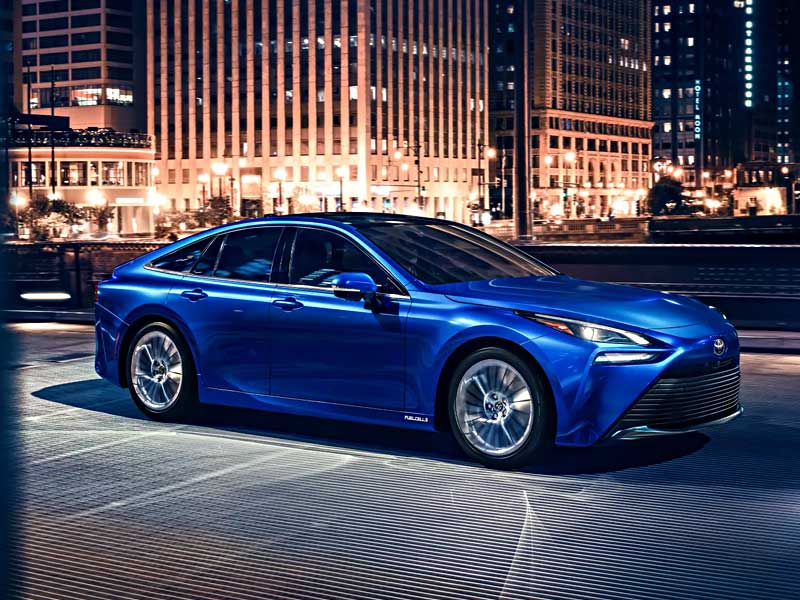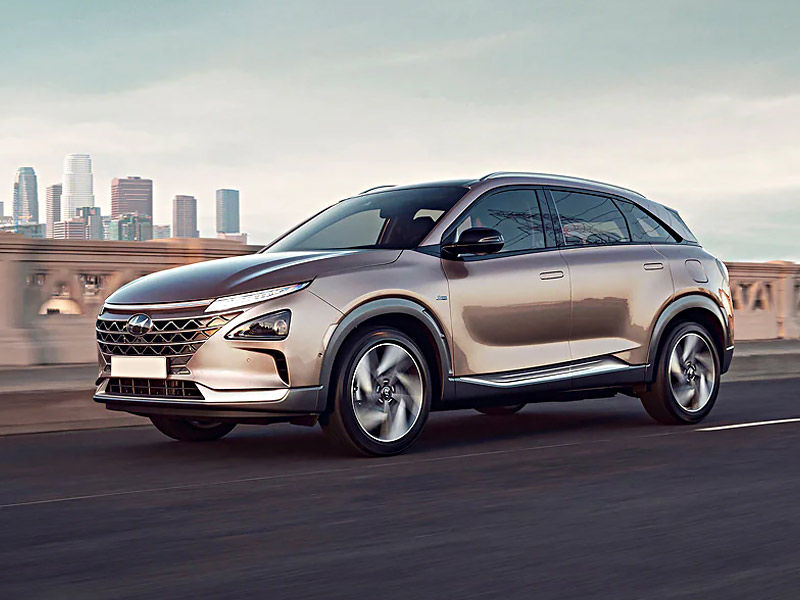Hydrogen cars aren’t gaining traction as quickly as possible, and we can blame it on EVs. With more progress in the EV industry than in hydrogen vehicles for various reasons, including more significant research costs, we answer the question, ‘Will Hydrogen Cell Cars Work In India?’ Continue reading to find out the solution!
The Fundamentals – How Does A Hydrogen Car Work?

Before we go on to other features of hydrogen cars, we must first understand how these hydrogen cell cars function. As the name implies, this sort of vehicle operates on compressed hydrogen gas. This hydrogen gas is then fed into a fuel cell stack,’ which converts chemical energy into electrical energy, then transmitted to the electrical motor to power it.
It is pretty comparable to standard EVs, and it’s merely that hydrogen eventually converts its chemical energy into electrical energy to power the electric motor. In the case of EVs, we immediately supply electrical energy to the battery by charging it.
Hydrogen Car vs. Electric Car:
Hydrogen cell automobiles are significantly less popular than electric vehicles. But there has to be a reason, right? We respond to this topic by considering range, cost difference, charging time, and infrastructure.
Range
Without question, hydrogen cars are the overwhelming victor here. Hydrogen-powered vehicles are just more efficient in their operation. Cars can go a greater distance than EVs with tiny quantities of hydrogen. For example, the Toyota Mirai, India’s first hydrogen cell car, has a range of around 600 kilometers. On the other hand, automobiles like the Nexon EV only have half the range of the Mirai.

Power
When compared to EVs, hydrogen-powered automobiles have a comparable power output. Both hydrogen-powered and electric vehicles outperform petrol/diesel vehicles in terms of power delivery. This is owing to the instantaneous full torque accessible at any time. There is also no shifting time because there are no gears in them!
Price
Hydrogen automobiles are expensive, owing mainly to the materials needed in their construction. Platinum, carbon fiber, and titanium are among the costly and valuable metals employed in their system. When compared to EVs, this makes them relatively expensive to manufacture. Furthermore, because hydrogen cell cars are a younger technology than EVs, manufacturers’ production costs are still expensive. As a result, purchasing a hydrogen cell automobile may not be the most cost-effective option.
The Toyota Mirai costs USD 65k in the United States, to give you an idea! In the United States, you can obtain a top-of-the-line BMW X5 for that amount!
Charging Time
Instead of charging or fueling, a hydrogen cell automobile takes virtually as long as a standard petrol/diesel car. Depending on the model, filling up a hydrogen fuel cell car’s tank takes 5 – 10 minutes. On the other hand, electric automobiles might take up to 8 hours to charge using standard chargers. However, this may be reduced by utilizing rapid chargers, which can reduce the duration to one hour.
The Overarching Goal – Reduce Carbon Emissions

The primary reason for transitioning from traditional internal combustion engine automobiles to EVs and hydrogen cars is to minimize carbon emissions. However, awareness of hydrogen-powered vehicles is far lower than that of electric cars, as seen by sales data.
So, whether you buy a hydrogen automobile or an electric vehicle, you will be helping the environment. So help spread the word, and the very least you can do is share this article to improve consumer knowledge of hydrogen fuel cell automobiles!
Also Read, Hydrogen Fuel Cell: Everything you Need to Know Future of Vehicles
The Real Issue: Obtaining Hydrogen
Despite being the most prevalent element in the cosmos, hydrogen does not exist in its pure form on the Blue Planet. This implies that if we want to utilize it as a fuel for our automobiles, we must create it from other components such as water, natural gas, fossil fuels, or biomass. This necessitates the usage of energy and the consideration of environmental and economic implications.
On the one hand, we can produce hydrogen in an environmentally friendly manner by reversing the electrolysis of water. The difficulty is that splitting H20 molecules to get hydrogen consumes a lot of energy, making it a costly one. However, suppose this energy can be derived from renewable sources such as the sun or wind. The net energy cycle may become very low in carbon, and the process becomes more ecologically beneficial. Another issue is the process’s efficiency, which is only 75% efficient and allows for a 25% loss of power.
Conclusion in Hydrogen Car vs Electric Vehicle

Despite the benefits outlined above, the majority of hydrogen today is produced by the methane reforming method. Because of the carbon monoxide and dioxide produced in the process, this shatters all of the promise of hydrogen-powered vehicles as a solution to combat climate change. Furthermore, the requirement to use natural gas (a fossil fuel) that may escape during the extraction and transportation phases is not persuasive. Even if the methane cracking process is improved, it’s unlikely to be a long-term answer.
However, as technology advances, the water electrolysis method for producing hydrogen may be enhanced and expanded as the process becomes more efficient. Because hydrogen cars require the usage of energy twice (to produce hydrogen and then use it to power vehicles), but electric cars can utilize energy directly from the grid is a powerful argument in favor of electric automobiles. All because converting electricity to hydrogen and back to electricity can result in up to 45% energy losses, making it an inefficient operation.
However, although new techniques of creating hydrogen are being researched, such as the proton exchange membrane, which experts believe has the potential to achieve an 86% efficiency, we must wait and see what occurs. Using the additional energy supply for hydrogen production and developing some hybrid version of hydrogen-lithium-ion automobiles might also be something after more research is completed to determine whether this surplus energy is more efficient to use in dams or to produce hydrogen. Today, electric automobiles are a more accessible vehicle – in terms of car varieties and charging stations. They have more efficient operations than hydrogen-powered automobiles. If their lithium batteries are re-used for multiple purposes, they are more likely to be a more sustainable alternative.
